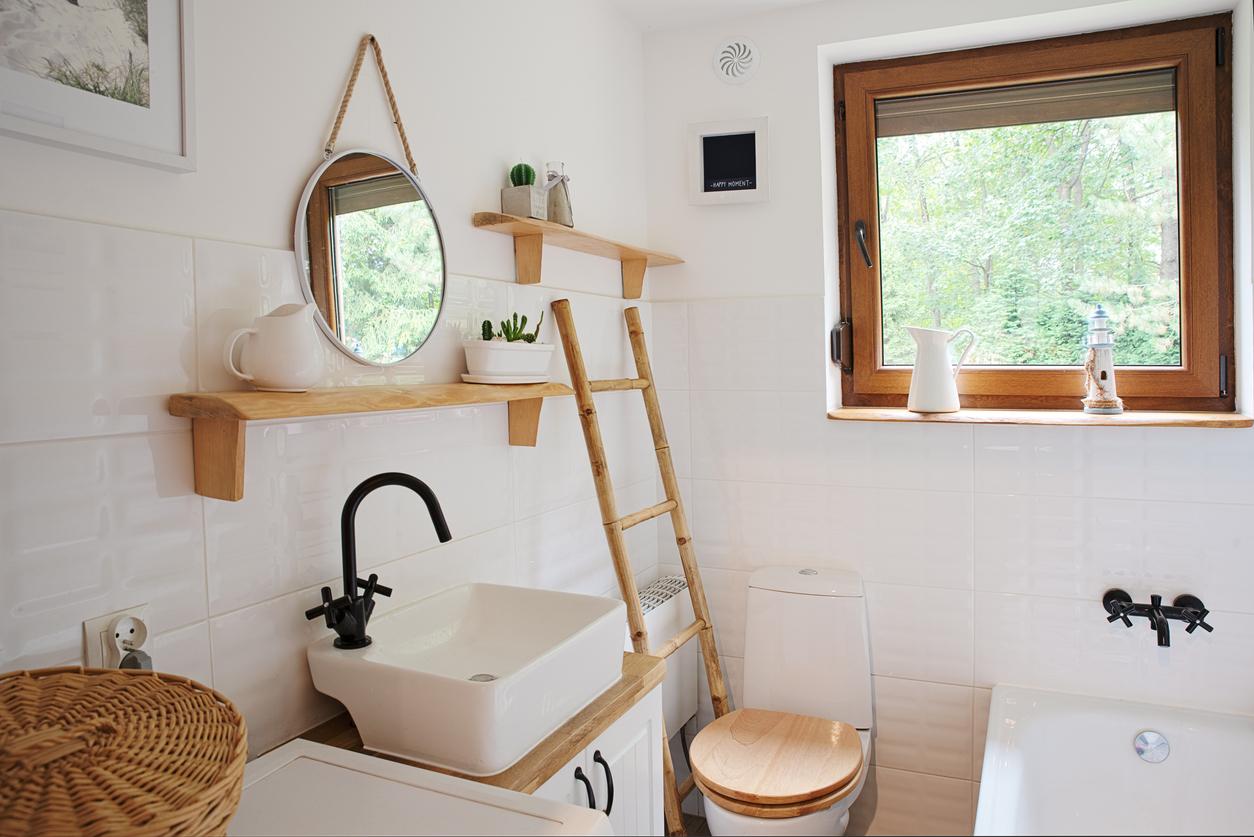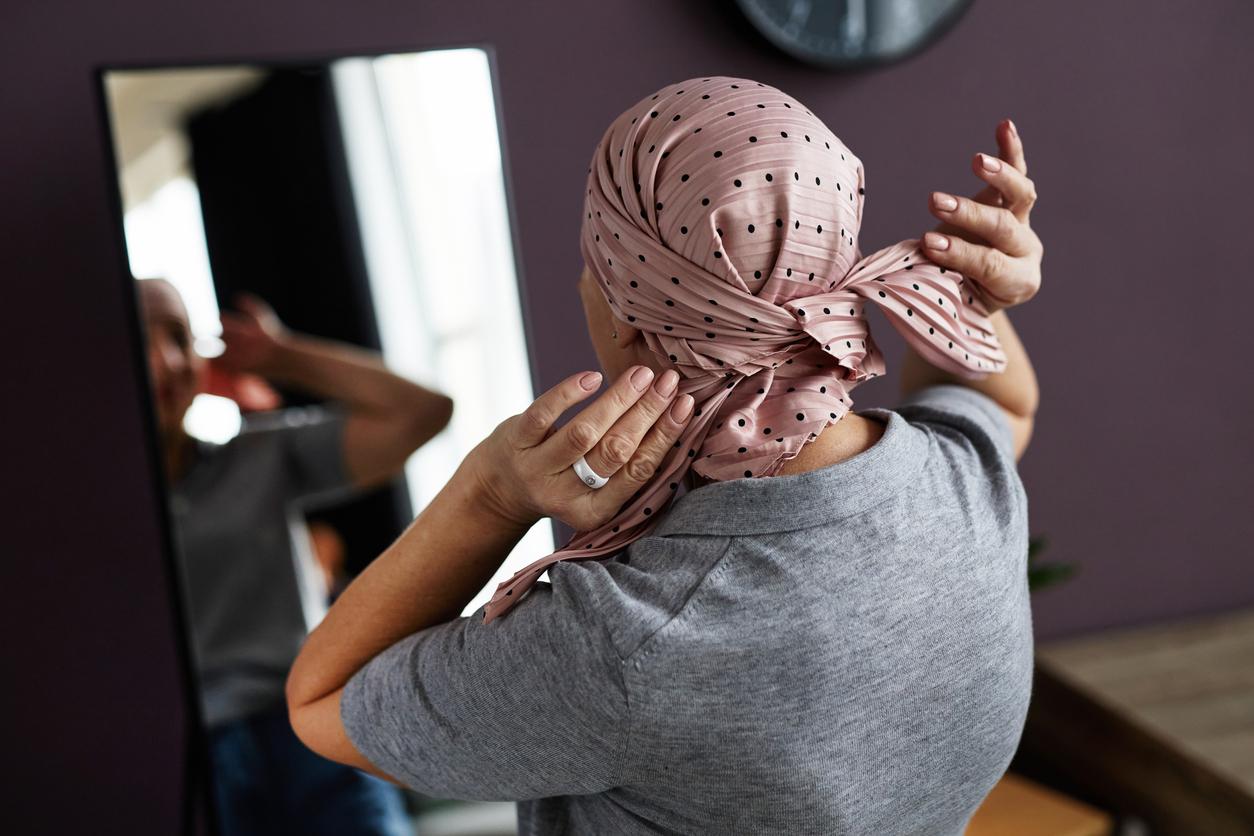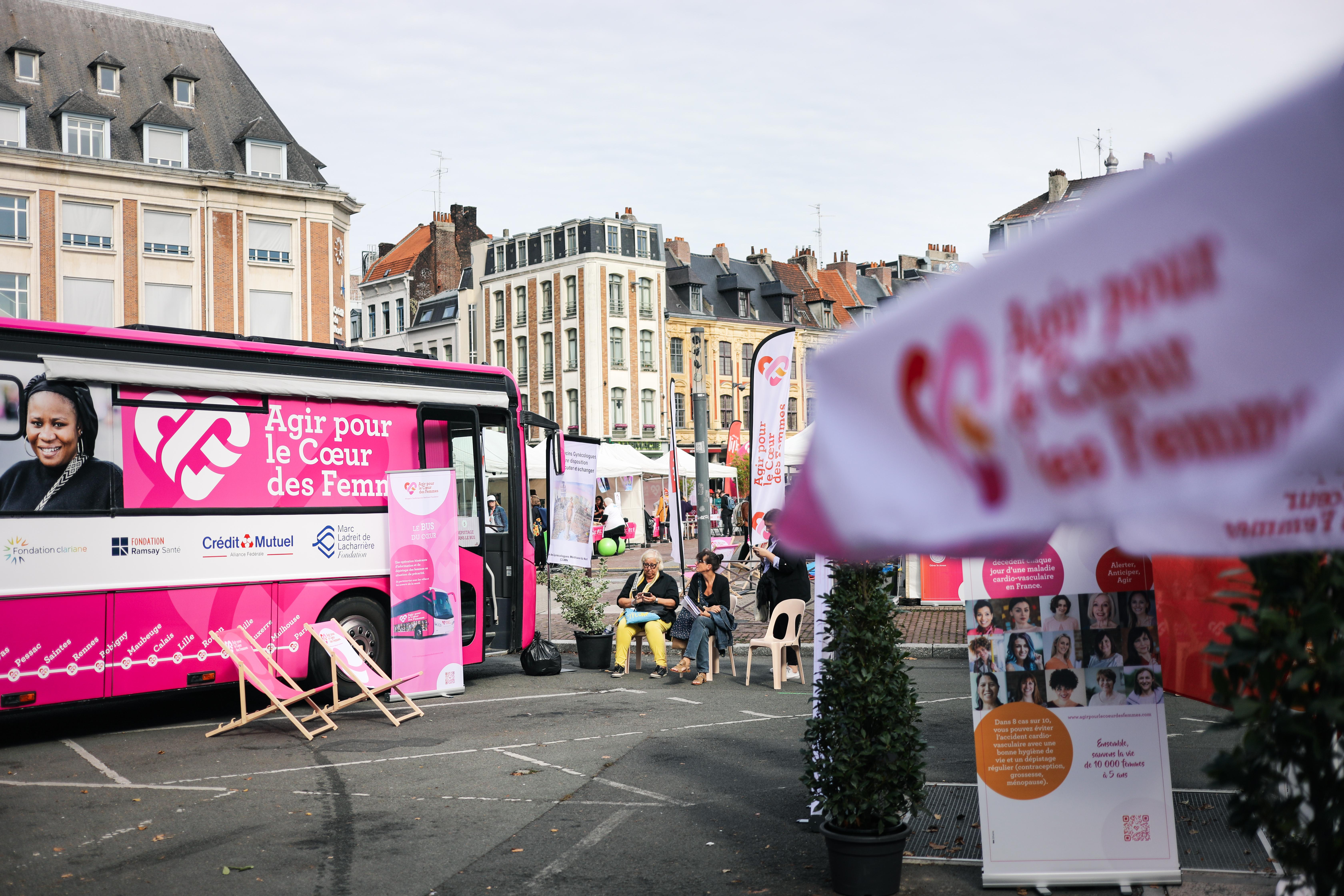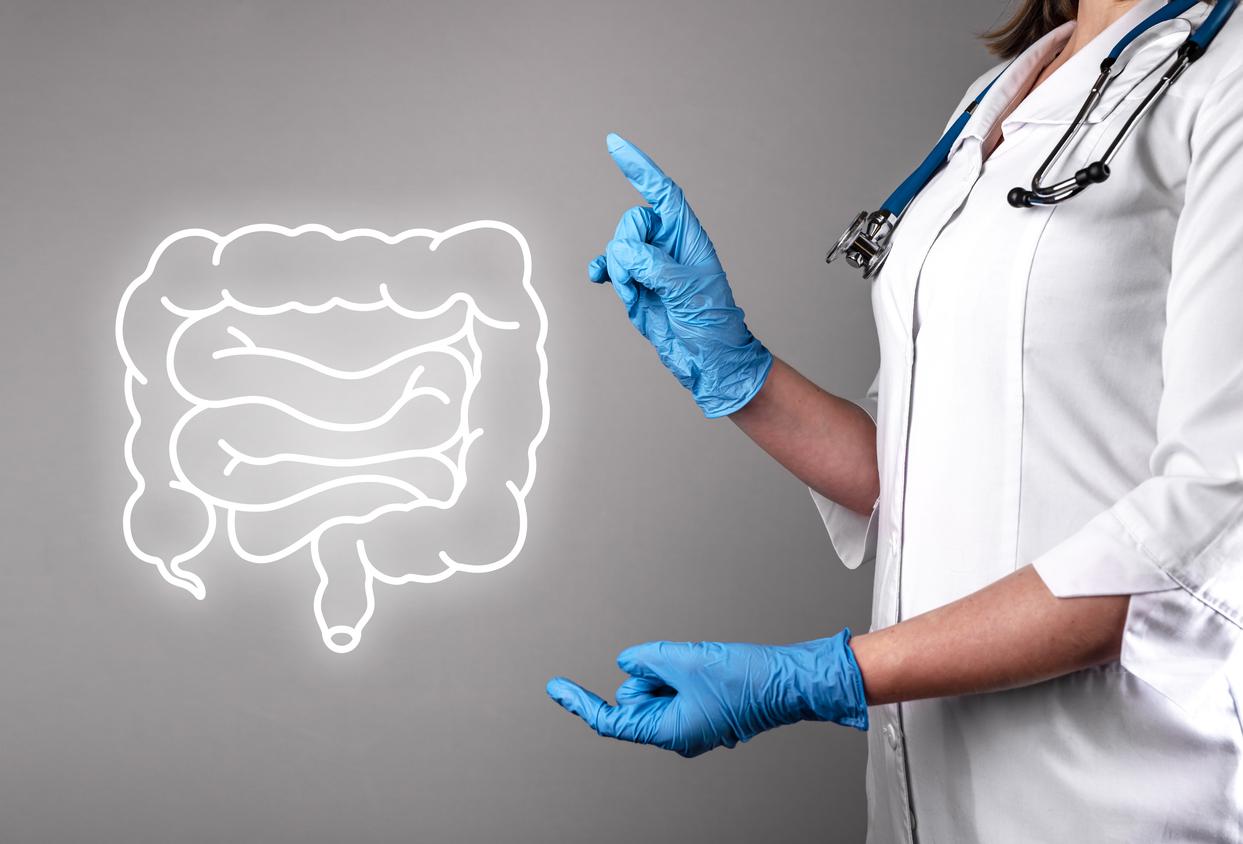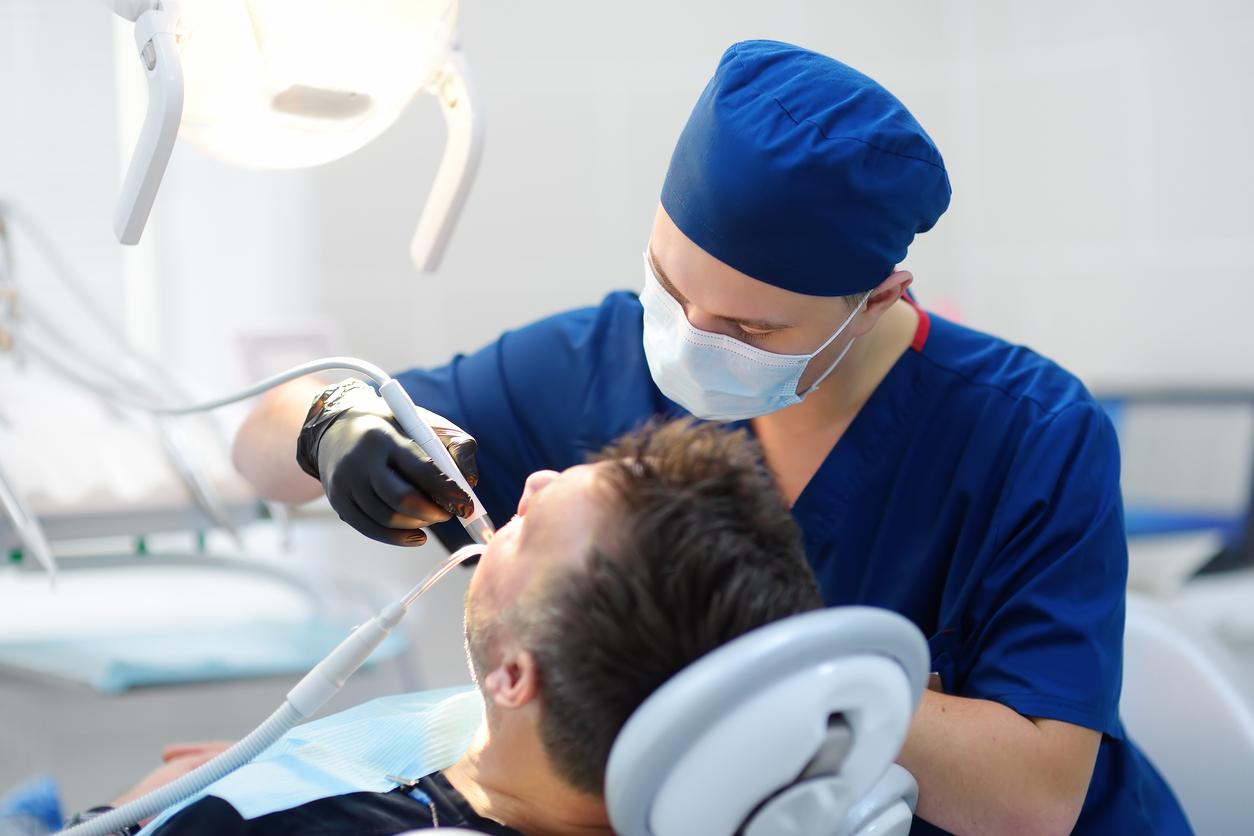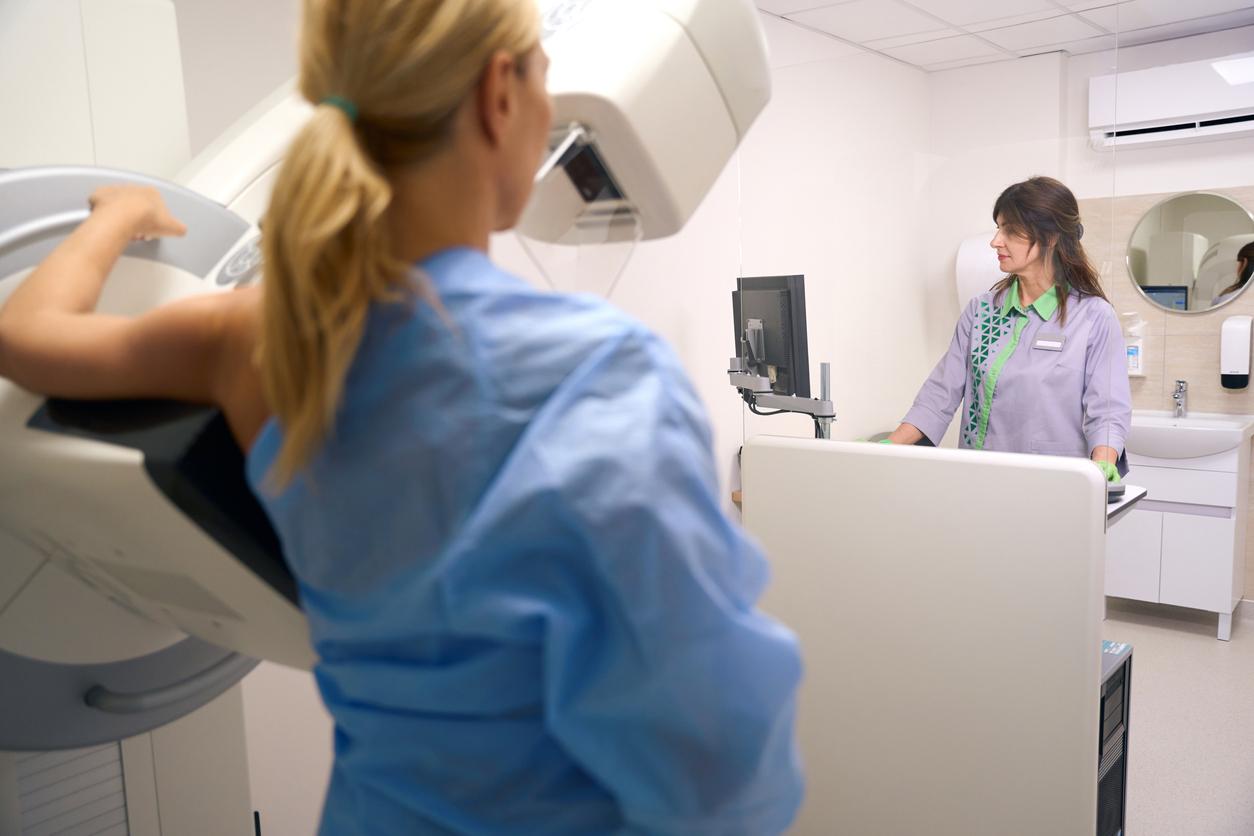Coordinated by a French oncologist, a large study aims to refine the assessment of each woman’s risk of developing breast cancer. We speak of “personalized screening”. Explanations.
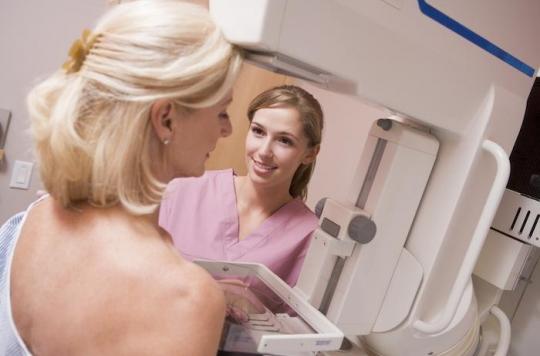
Intended to improve the assessment of each woman’s risk of developing breast cancer, “MyPeBS” (“personalising breast screening”) is the first study of this magnitude to test personalized screening. “The idea is to improve, at the individual level, the benefit-risk ratio of breast cancer screening “, explains Suzette Delaloge, coordinator of MyPeBS and oncologist at Gustave Roussy.
“Currently, personalized screening does not exist, except in a few rare situations of women who have a very high genetic risk of cancer. This type of screening aims to estimate the risk of each person of developing cancer in the years to come. If the risk is high, the patient will have to do more examinations, closer in time. Conversely, if the risk is low, we can do less screening “, develops the scientist.
20,000 volunteers will be mobilized in France
For 6 years, 20,000 volunteers will be mobilized in France, 30,000 in Italy, 15,000 in Israel, 10,000 in Belgium and 10,000 in the United Kingdom. “MyPeBS” will randomly divide the women recruited into two groups. The first will follow a usual screening. The second will be screened according to three levels of risk: “very low” (less than 1% risk of developing breast cancer within 5 years), “medium” (3%) and “high” (6%) .
The risk of developing breast cancer is calculated based on the patient’s age, family history, breast density, and a saliva test. “We are looking for 300 DNA variations, which have been formally shown in recent years to be associated with the risk of developing breast cancer,” says Suzette Delaloge.
The problem of overdiagnosis
Breast cancer is the most frequently observed cancer in women in France, as in the European Union and the United States. The number of cases identified each year has tended to decrease since 2005, even though this disease remains the leading cause of cancer death in women. Detected at an early stage, 5-year survival is 99%.
Yet, according to a very recent study, this progress is as visible in those who do not submit to screening as in those who do. “The sensitivity is not perfect, there are still quite a few interval cancers (between two mammograms), there are false positives (women who have a suspicious image which will turn out to be benign, for whom a biopsy will have to be done), there is also the problem of overdiagnosis … All this forms a body of criticism which militates in favor of an improvement of the screening “, confirms Suzette Delaloge.
A big communication issue
The study, which also brings together 26 European and American partners, will begin on December 1. Another similar research is being carried out in parallel in the United States. “In order for us to be able to set up personalized screening, we must first be sure that it works better than collective screening. There is a big communication issue. The patient should not be too stressed by it. assessing the risk, or on the contrary losing interest in one’s health, ”warns Suzette Delaloge.
In France and according to figures from the Haute Autorité de Santé, the total cost of breast cancer screening amounts to 250 million euros per year – a colossal budget. Organized breast cancer screening concerns all women between the ages of 50 and 74, without symptoms and having no particular risk factors for breast cancer other than their age. Mammography as a radiological examination is reimbursed up to 70% on the basis of the conventional rate defined by the Health Insurance. Women with a high or very high risk of breast cancer can benefit from a specific follow-up adapted to their individual situation, 100% supported.

.










